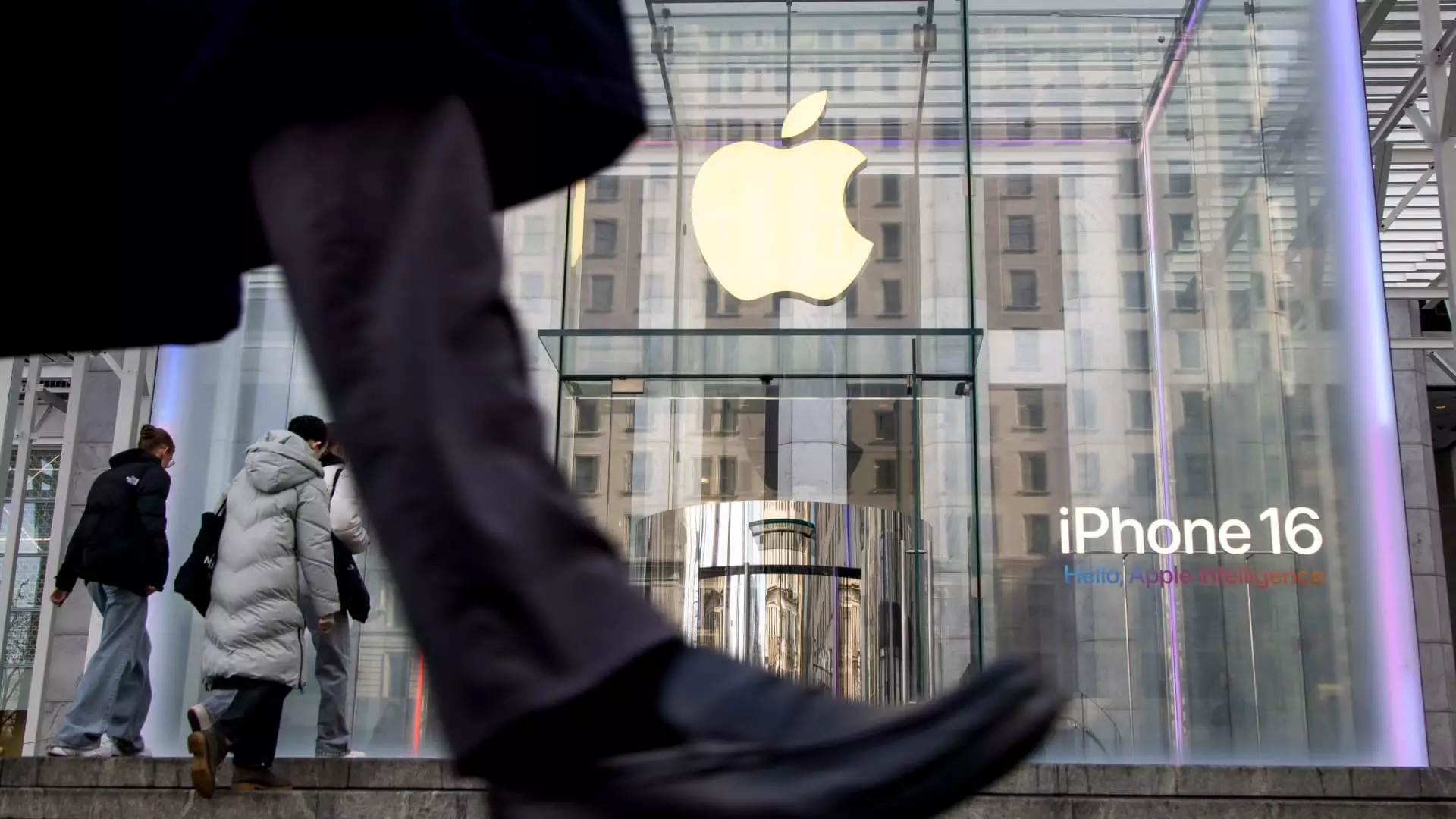In a landscape marked by shifting economic policies, a staggering 85% of Americans express apprehensions about the ramifications of tariffs, according to a recent NerdWallet survey involving over 2,000 respondents. This overwhelming consensus paints a grim picture of consumer sentiment toward tariffs, with individuals fearing that these trade policies will squeeze their budgets and potentially lead the U.S. economy into recession. The tarry shadows of trade wars loom larger by the day, affecting purchasing decisions and financial stability at a household level. The implications of these tariffs extend far beyond mere economics; they reflect a growing uncertainty in a nation that greatly values economic freedom and consumer choice.
Crumbling Confidence: A Crisis in the Making?
The concern isn’t purely speculative. The University of Michigan’s consumer survey indicates a precipitous decline in consumer confidence, with a staggering 30% drop since December. Such deteriorating sentiment underscores the perceived threat of an escalating trade war, exacerbated by consistent price increases on essential goods. As Americans grapple with the burden of higher prices, the monthly reading of consumer sentiment dipped by 11% from March to April—an alarming statistic that signals that fear, rather than mere factual economic analyses, can play a formidable role in shaping consumer behavior.
Experts warn of potential financial turmoil, with estimates suggesting tariffs could inflict an annual burden of $3,800 per U.S. household. This figure is not just a number—it’s an indication of stress brewing beneath the surface of everyday economic activities. Given that consumers were already under pressure due to rising essential costs, the introduction of tariffs further complicates an already dire landscape. As Kimberly Palmer, a personal finance specialist at NerdWallet, points out, “Most Americans are worried about tariffs, and it’s actually impacting their spending plans.” This statement resonates with anyone who has felt the pinch of unexpected financial burdens in recent times.
The Shift in Spending Habits: A Turning Point?
With uncertainty looming, many Americans are altering their financial strategies. The NerdWallet survey reveals that a significant proportion of respondents plan to tighten their belts in the upcoming year, with 45% intending to cut back on non-essentials and 33% on necessities. A somber 30% even resolved to increase their savings in emergency funds. This shift is telling: it’s not merely about reducing expenditures but a fundamental re-evaluation of financial priorities prompted by external pressures. With only 14% anticipating less debt, it’s clear that many are resigned to the fact that they may have to postpone critical life purchases and travel plans.
As supply chain disruptions conspire with price hikes, the consumer psyche has shifted from one of carefree spending to cautious planning. Individuals are increasingly faced with tough choices, navigating between saving, investing, and addressing debts. Stephen Kates, a certified financial planner from Bankrate, emphasizes the critical prioritization of emergency savings over all other financial goals. This insight encapsulates the precarious position many find themselves in: confronted with rapidly rising costs, but still uncertain about job security and income flow.
The Path Forward: Balancing Savings and Investments
Kates’s approach encourages individuals to focus on building a cushion of emergency savings—suggesting a minimum of one month’s expenses and ideally aiming for three to six months of living costs. This buffer becomes not merely a financial strategy but a necessary lifeline in turbulent economic waters. Interestingly, while saving becomes the priority, those already weighed down by debt should also consider employing the “debt avalanche” method—paying off the highest-interest debts first—effectively shifting financial pressure from outstanding balances back into incomes.
As the late financial planning strategies unfold amid fears of compounded economic strife, the importance of maintaining focus on a balanced financial portfolio cannot be overstated. Whether attempting to save for retirement or managing debt, proactive steps toward financial security serve as a beacon of hope. Opportunities still exist for smart consumerism, and aligning savings with investment strategies could potentially stave off financial hardship in the future.
In an increasingly unstable economy where tariffs threaten the very essence of consumer choice, Americans are learning to adapt, prioritizing financial resilience over compulsion. The specter of tariff-induced economic stress may loom ominously, but it has also spurred a revolution in personal finance, changing the way people plan, save, and invest for their futures.


Leave a Reply